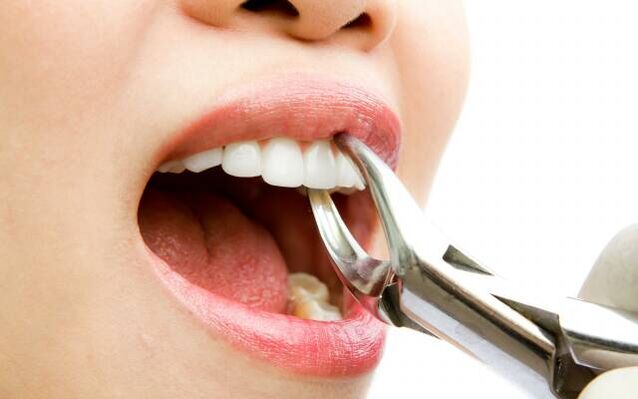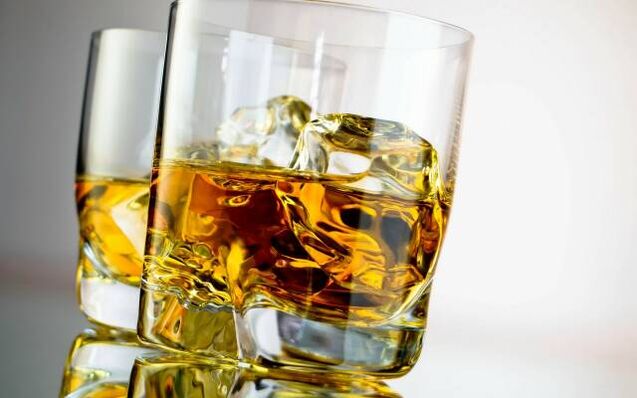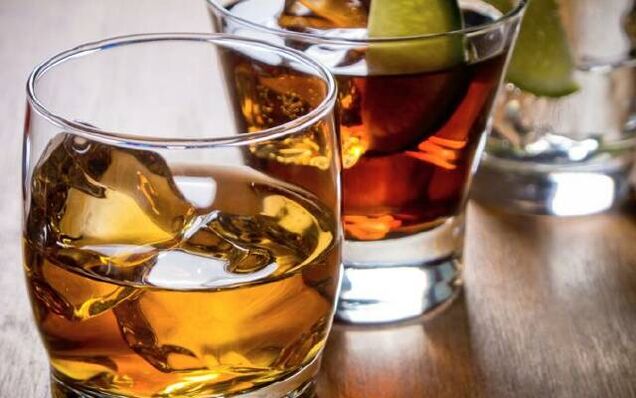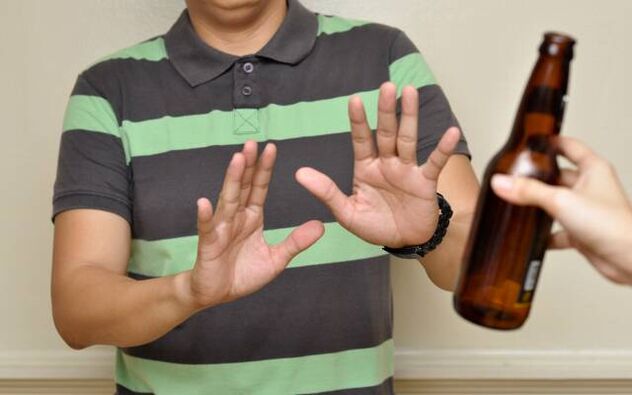Is it possible to drink alcohol or not after tooth extraction? This question often arises in those who have taken their teeth and are about to have a feast. What to do in this case, refuse or refuse to drink alcohol? In what cases can you drink alcohol after a tooth extraction, and in what cases should you abstain?
The most complex interventions involving the treatment or removal of teeth are generally not considered to be overly complex. However, the most difficult thing in this case is to prevent the spread of inflammatory processes throughout the gums. It is often the case that after tooth extraction, many people do not ask at all whether alcohol can be drunk after tooth extraction, but simply take low-alcohol beverages and drink them. In many cases, the objection sounds like "further disinfection. "But such arbitrariness can cause serious damage to health and in some cases can even cause the inflammatory process to spread.
Reasons for prohibition

Is it possible to drink anything at all after removal? The use of plain or mineral water is allowed, but the use of sweet soda and alcoholic beverages should be postponed for several days. What is the reason for this ban? There are two important reasons why drinking beer and other alcoholic beverages is prohibited after brushing your teeth:
- After tooth extraction, the process of stopping the bleeding occurs for the first time. Usually, a sterile swab is kept in the cavity to help stop the blood. On the surface of the gums where the tooth has been extracted, the formation of a blood cortex is needed to prevent the infection from developing in the wound. Pulling beer or any other alcoholic beverage into your mouth creates a kind of vacuum that makes it easier for the wound to open and new bleeding to appear. Therefore, dentists prohibit smoking or alcohol consumption for the first two days.
- Beer contains yeast bacteria that are formed during the fermentation process of malt. They are moderately very useful. Especially if they enter the digestive system immediately. However, if they get into an unhealed wound, they will be able to multiply because the environment is best for them. The inflammatory process can quickly pass from the gums to the face. In addition, swelling and pain occur, and in some cases, the swelling may reach the ears.
Negative effect

In addition to the reasons for the ban described above, anyone who wants to know if it is possible to drink alcohol after removal should remember some of the serious consequences that alcohol has:
- alcohol can cause bleeding. Its appearance is possible not only because of the breakdown of the formed primary blood cortex, but also because of the ability of alcoholic beverages to significantly increase blood pressure;
- alcohol irritates the mucous membranes, causing the blood clotting process to slow down. This will significantly slow down the wound healing process and become a breeding ground for pathogenic bacteria;
- if alcoholic liquids get into any cuts and abrasions, pain will occur. In fact, the case of getting vodka or another drink on an open wound causes a lot of discomfort, including burning and pain.
Effects

We describe above some of the consequences that can occur if alcoholic beverages get on the surface of an early drawn tooth. However, there is a more serious factor that requires you to stop consuming alcoholic liquids for several days. This is especially important for those who are interested in drinking alcohol after a tooth extraction.
When removing a tooth, the dentist will, of course, use anesthesia. Because each person's body is purely individual, the types of anesthetic drugs are often selected to meet these characteristics. This is to avoid allergic reactions or anaphylactic shock. If you drink alcohol immediately after tooth extraction, there is a risk that the drug may interact with alcohol and cause very serious health complications.
Conclusion

Anyone who is interested in drinking alcohol after a tooth extraction should understand that it is best to postpone drinking for a few days. Such a measure is necessary and is the best alternative to the possible complications that may arise immediately after the dental visit.
























